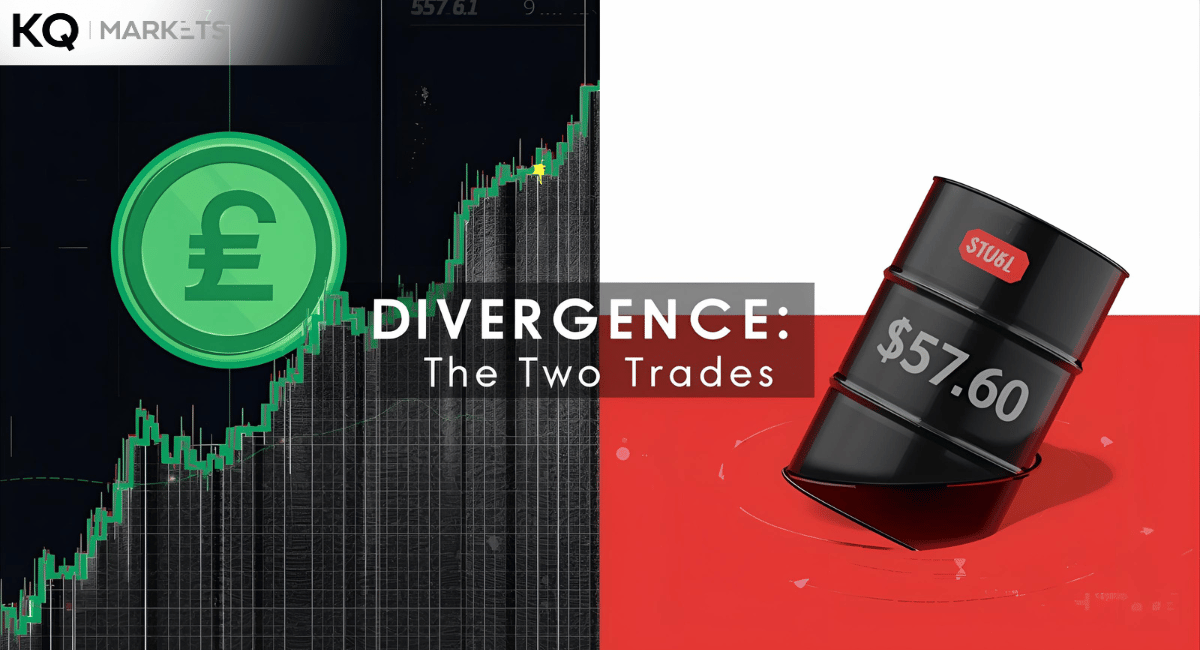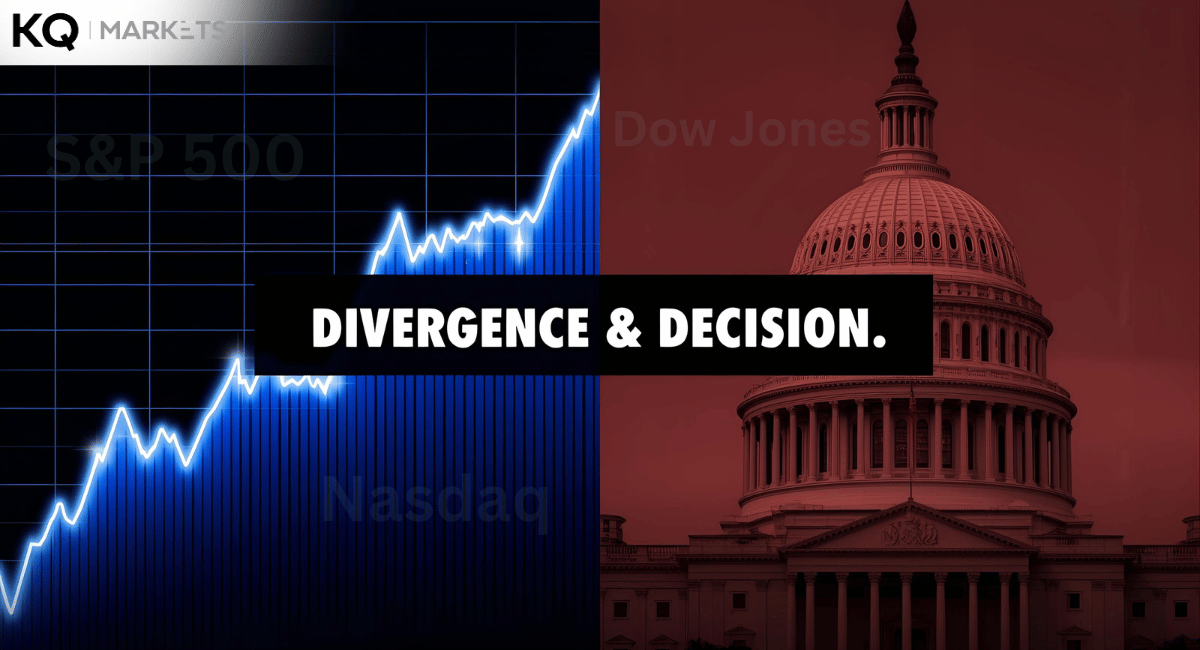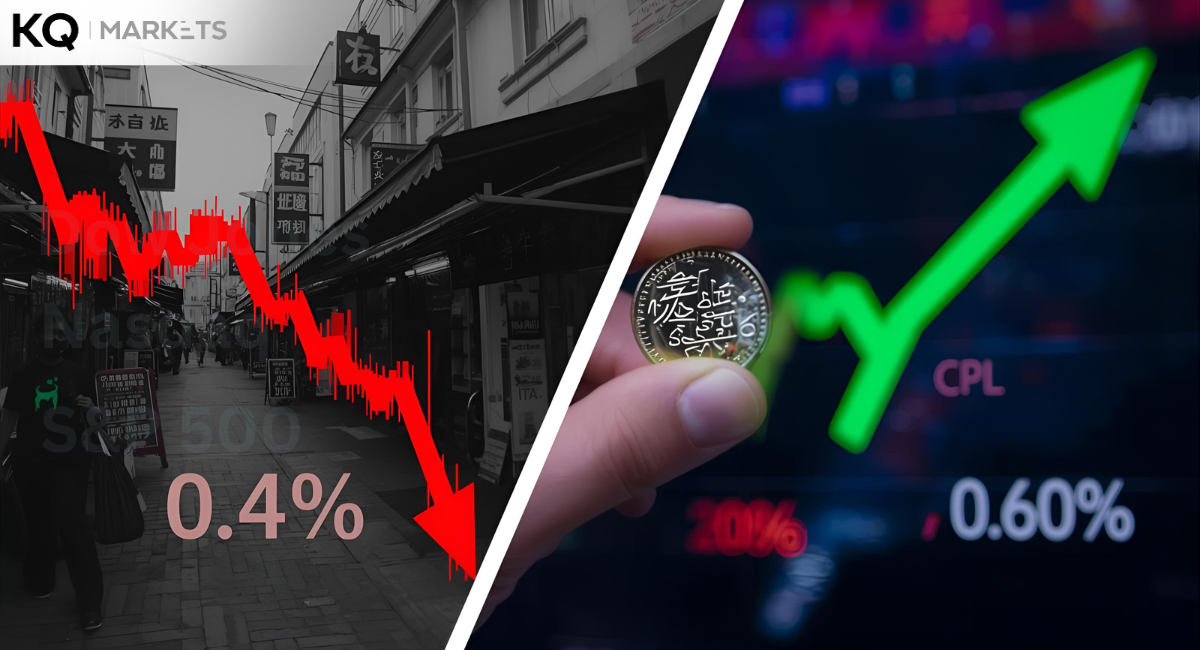The US inflation rate rose higher than expected in the recent CPI data release. Hence, the stock markets substantially dropped. This situation might remain a concern for the stock market over the coming months. The debate is over whether the US inflation level has reached its peak or not. Some analysts believe the inflation surge has not hit its peak, but the stock market is already experiencing downturns. Recent stats pushed the US CPI data release even higher as per the announcement on the 13th of September.
In general, the inflation rate was 8.5% in July, 9.1% in June, and 8.6% in May. Stock market investors, analysts, and economists are still concerned about core inflation despite the US CPI data showing a declining trend. They presumed that the August year-on-year reading for the headline inflation number would fall at 8.2% and 6.2% for the core inflation value. On the other hand, the Federal Reserve is concerned with the price pressures due to the core inflation categories. It runs the risk of inflation becoming entrenched into the world economy and in firm psychology & consumers.
The recent unusual Fed interest rate hikes seek to slow the inflation rate to under 2%. However, it comes with rising unemployment and crushing new job openings. The Federal Reserve borrowing rates hikes have enabled a decrease in prices of commodities & goods through demand declines. Nonetheless, housing costs and services are more resistant and might require another hike in the borrowing rates to cool off.
Generally, stock market analysts are concerned with how further the Federal Reserve ought to raise the interest rates. The inflation level in August will not stop the Federal Reserve from increasing the borrowing rates again since they remain committed to slowing down the price pressures. Further analysis shows that interest rate hikes & liquidity withdrawals might proceed through 2023 as the terminal rate tops out at 4.28%. Above all, the ten-year treasury yield value will likely increase to more than 3.6% in the coming months.
Yet, most analysts are looking to learn from the real impact of the ongoing August inflation level on the stock market. Although the equity market might face another reduction in headline inflation, overbought conditions, rising yields, and a weak seasonal production are also likely. The stock market has faced several Federal Reserve’s hawkish rate hikes, and the primary focus has now shifted to rising yields. The US market declined all through 2022, except for July when it bounced. Thus, the central banks have intervened since uncontrolled inflation has caused negative impacts on the stock market.
Overall, the Fed has increased the interest rates by about 225 basis points and might announce more hikes. Hence, the initial high valuations in the stock market have significantly reduced. Any sudden change in the macroeconomic factors or a negative surprise in inflation can result in further downtrends in the stock market. All in all, it is critical to diversify.





